About Mercy
Mercy provides quality, integrated healthcare for all ages, focusing on the underserved. This includes primary care, behavioral and mental health services like counseling and psychiatry, chronic disease management and Patient and Family Support. We offer a sliding scale, self-pay program to assist the uninsured and underinsured. Our staff open their hearts to every patient and family.
We believe in integrated care – body, mind and spirit.
Our Mission
Mercy Community Healthcare exists to reflect the love and compassion of Jesus Christ by providing excellent healthcare to ALL and support to their families.
Mercy is a Community Health Center. 51% of our governing board is made up of consumers of our services and 49% are business and community representatives, leaders in our service area.
Meet Our Leadership Team
Mercy’s leadership has an integrated approach to healthcare, body, mind and spirit. Each of them considers their job a privilege. They work to their highest potential to benefit patients, staff and the organization as a whole.
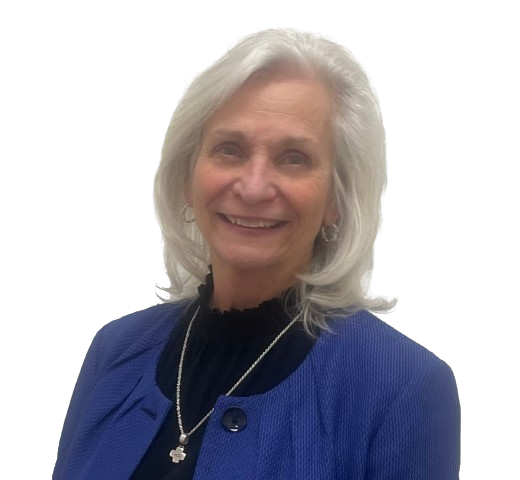
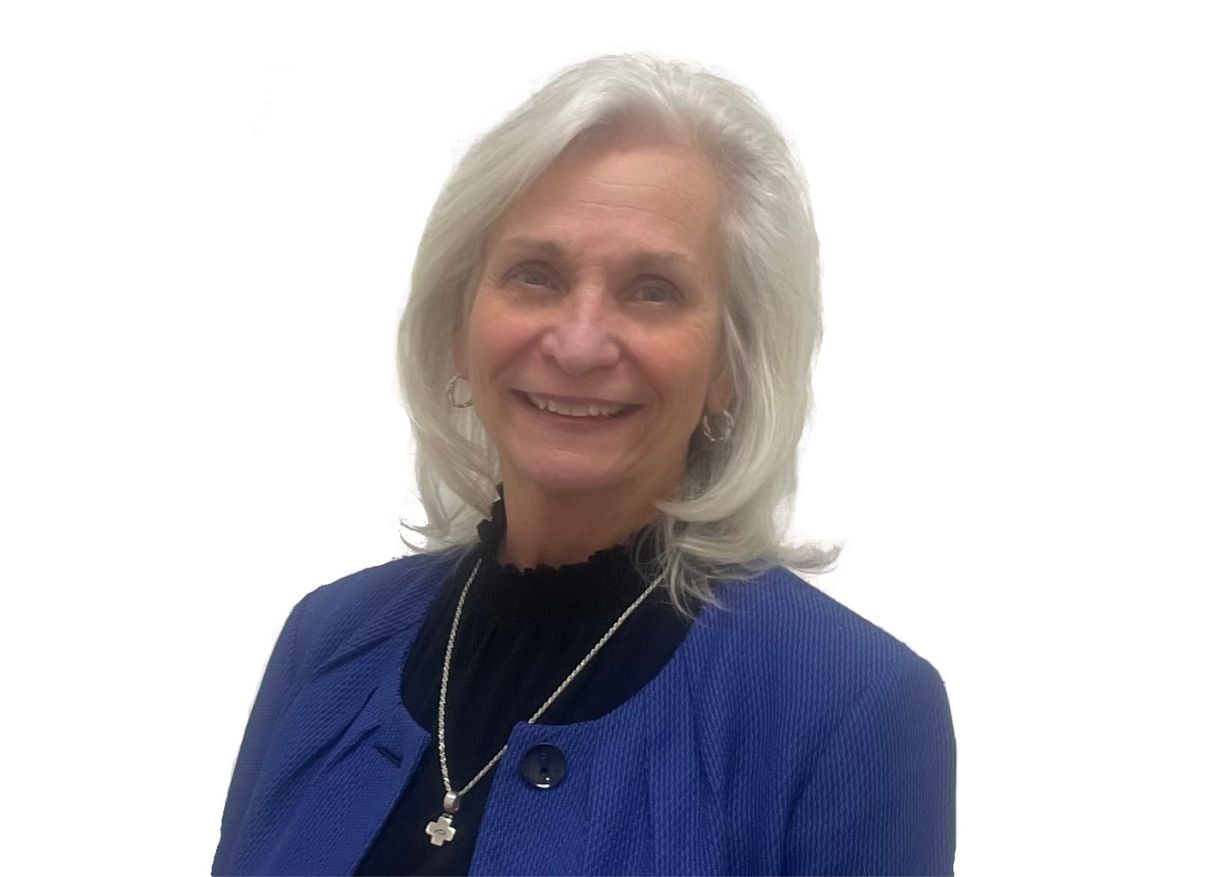
Cindy Siler
Post graduate training: B.S. in Public Health Education
Undergraduate: University of Tennessee, Knoxville
Hometown: Jasper TN
Professional Description/Interest:
40+ years of work in Health care from health educator with the TDOH to recruitment for physicians in rural Tennessee and Kentucky. I have always been involved in serving the underserved populations in some fashion.
Why do you work at Mercy?:
My coming to Mercy is a long story but 6 years ago, God changed my professional and personal life with a true blend of “calling” that I will never experience again. I am blessed with the opportunity and significant responsibility to pray for wisdom, to listen for my Heavenly Father’s voice of guidance and direction with a spirit of discernment and an open heart of compassion and to garner the strength and courage to obey…I am not always successful, but I am always grateful to come back the next day.
Personal Information:
I have a wonderful, prayerful, servant husband, J.Mark Wilson who helps me everyday to attempt my calling in this world. He is a retired bullfighter, www.psychoservant.com (look him up) who is now the pastor of Kirbyton Baptist Church in Ky. I love my church family and their pastor very much!
I am grateful for a total of 7 GRANDS!!!
My son, Kolby with his wife, Meggie my precious DIL (daughter in law) and 2 awesome grandchildren – Siler, 10 years old and Ellie, 8
J. Mark’s son, Brandon and wife, Wendy and their 4 children – Hudson- 10, Roxie- 10, Esther-6 and Abraham-4 and
J.Mark’s daughter – Caroline, her husband Tyler Adrian with their son.
Cindy Siler
- CHIEF EXECUTIVE OFFICER
- Leadership Team
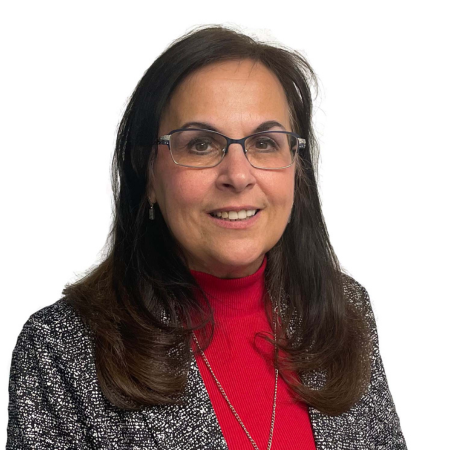

Rhonda Sizemore
Hometown: London, Kentucky
Professional Description/Interest:
I’ve been an accountant for over 30 years with the last 7 years being here at Mercy, which has without doubt been the most fulfilling work opportunity I’ve had. Outside of Mercy, I love experiencing life with my family. Grandchildren are the shining stars, bringing much laughter and fun. I also enjoy camping and traveling with family and friends.
Why do you work at Mercy?:
Mercy is a wonderful faith based organization, where Christ’s love is shared by serving everyone entering the door. It is a true blessing to be a part of this organization.
Rhonda Sizemore
- CHIEF FINANCIAL OFFICER
- Leadership Team
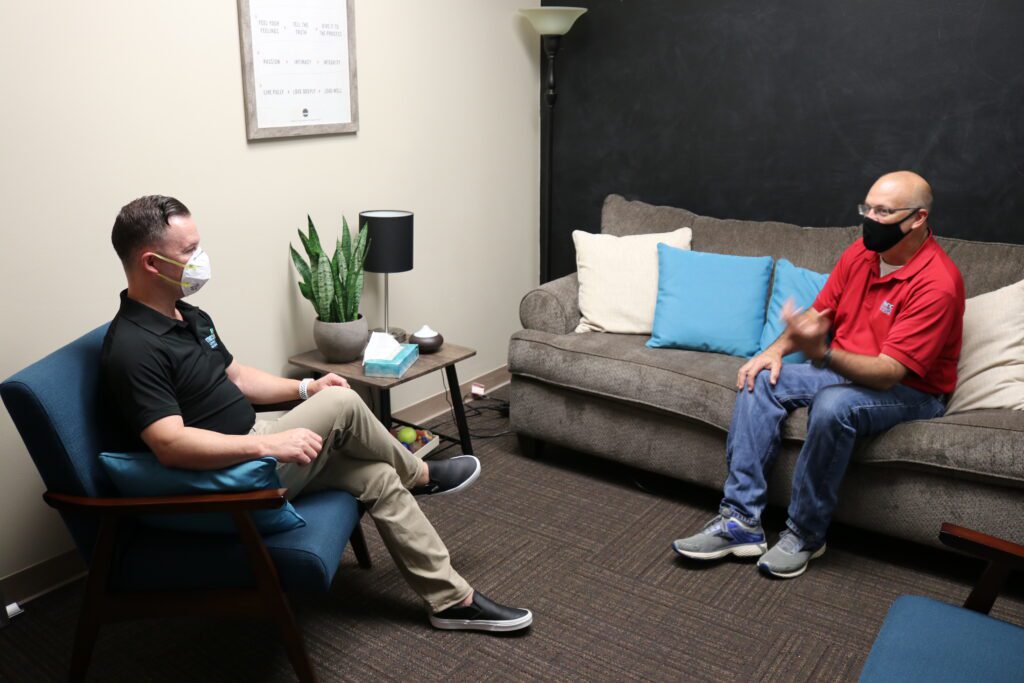
Addition of Mental Health and Social Services
Mercy added mental health and social services, enabling the organization to provide even more comprehensive, integrated care for children. Two years later, the Chronic Care Medical Home was established to ensure the proper management of the care plans of our patients inside and outside of Mercy. Hundreds of Mercy’s patients must see anywhere from two to 12 (or more) specialists in order to receive the care they need. Through the Chronic Care Medical Home, Mercy was able to serve as the “general contractor” for each of these patients.

School-Based Counseling Program
The school-based counseling program began in 2008 at New Hope Academy. Over the years, this program has expanded, and during the 2020-2021 school year, Mercy counselors were in 19 schools in Williamson and Marshall counties.
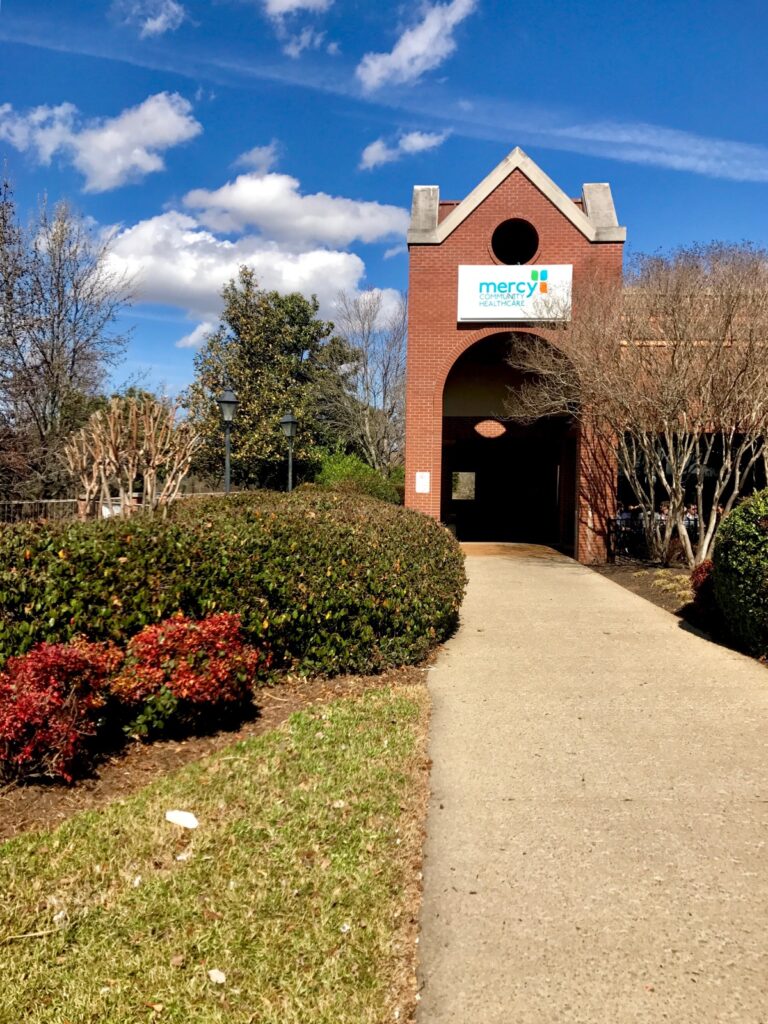
Williamson Square Facility
Mercy moved into a new facility in Williamson Square on Murfreesboro Road in Franklin. Not only was this new space three times larger than the small house the organization started in, but the entire clinic is furnished through generous donations from the community.
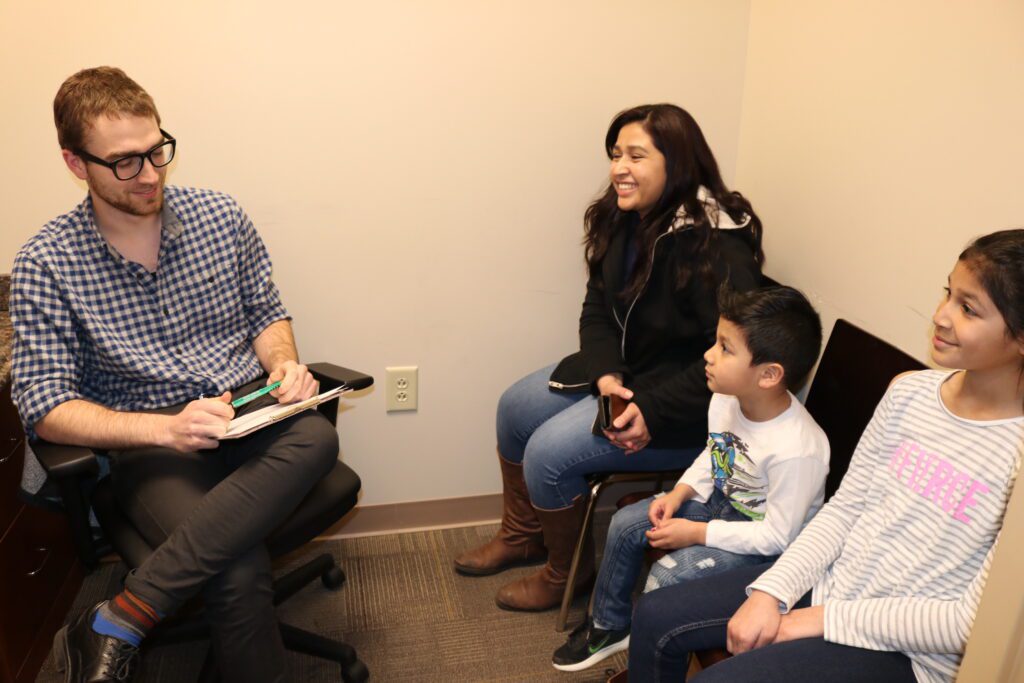
Care coordination and case management services
Care coordination and case management services began in 2011. Now housed in the Patient & Family Support Center, care navigators help families with unmet medical and social service needs, including translator services, referrals, sub-specialist appointments, and assistance with basic needs. Many of our care coordination staff are bi-lingual, and Certified Application Counselors and nurses.
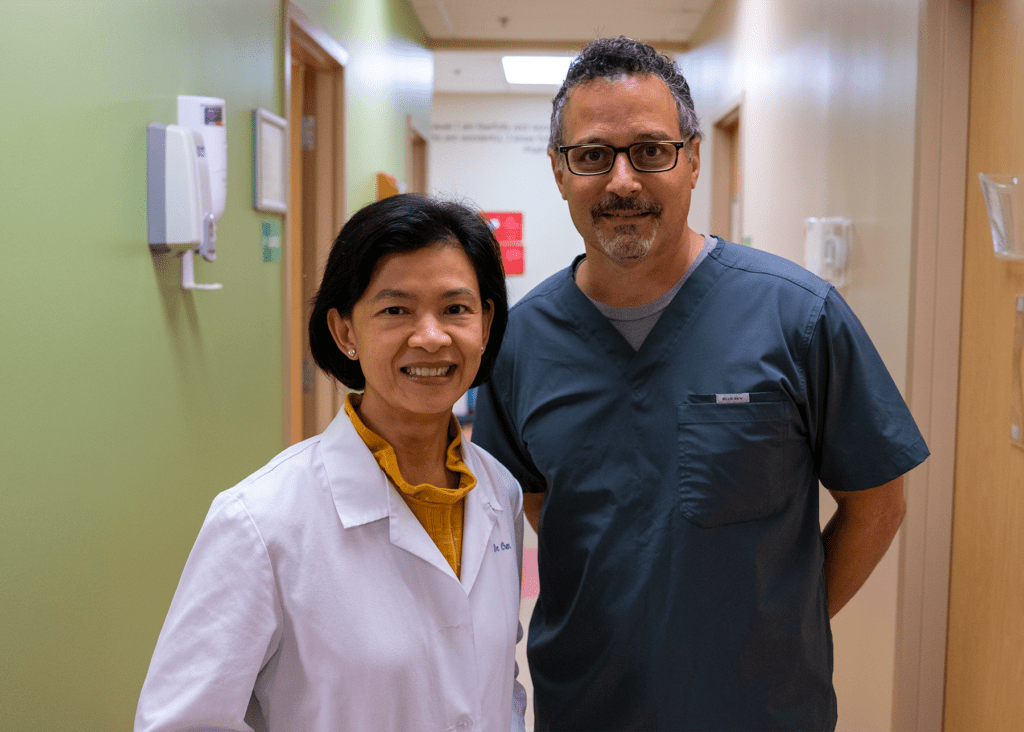
Federally Qualified Health Center
Mercy was awarded a grant from the Department of Health and Human Services designating it as a Federally Qualified Health Center in June 2012.
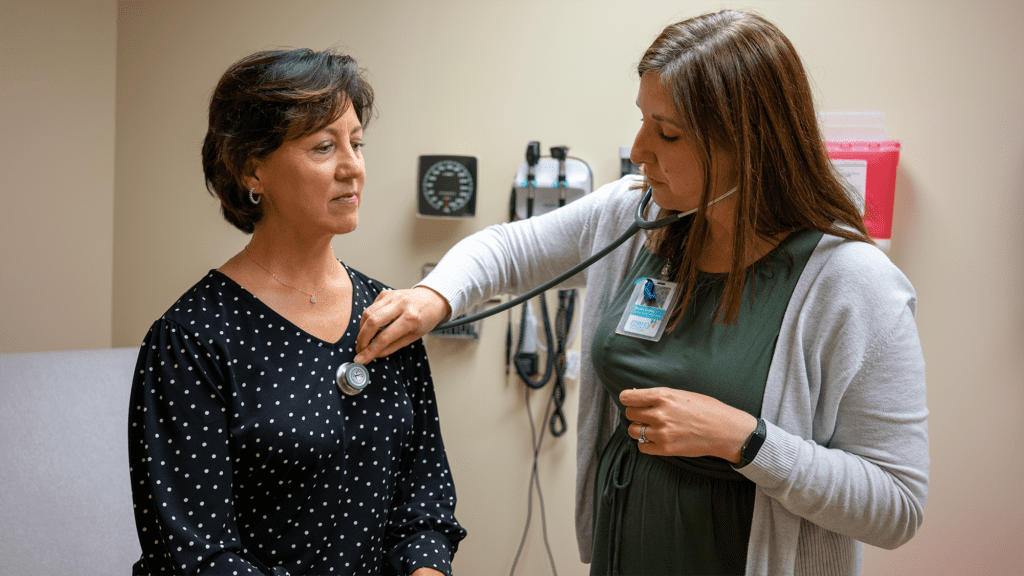
Transitioned to Mercy Community Healthcare
In 2013, Mercy began providing comprehensive healthcare services to adults while maintaining its mission. As a result of this additional area of focus, Mercy Children’s Clinic transitioned to Mercy Community Healthcare.
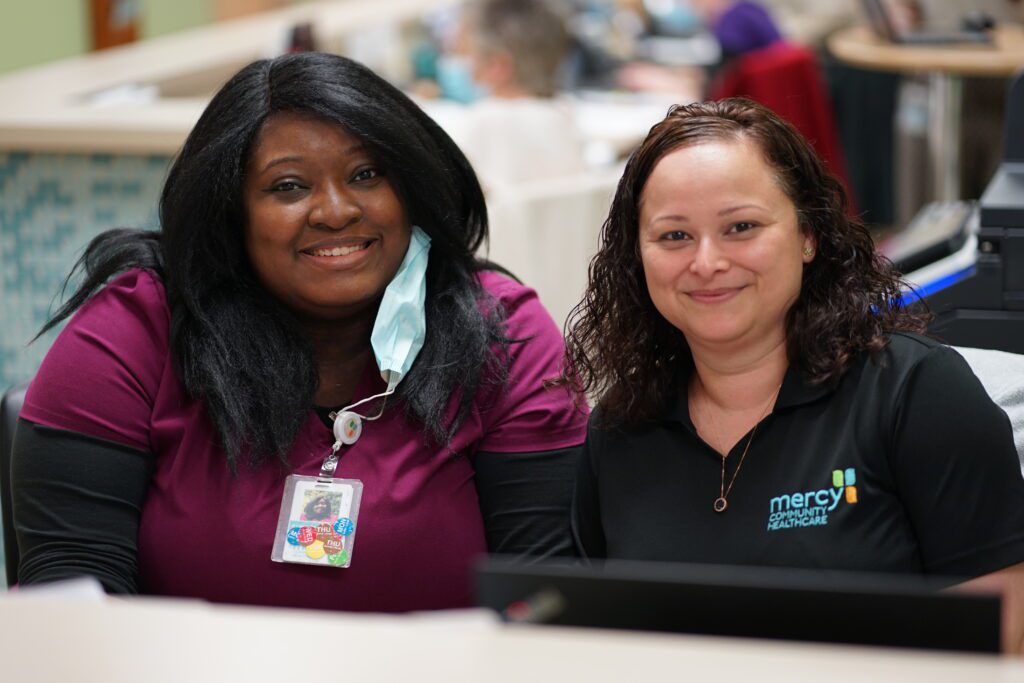
Expanding
In 2015, Mercy underwent extensive growth and expanded into three suites within the Williamson Square Center – the Health Center, the Patient & Family Support Center (Care Coordination), and the Counseling Center.
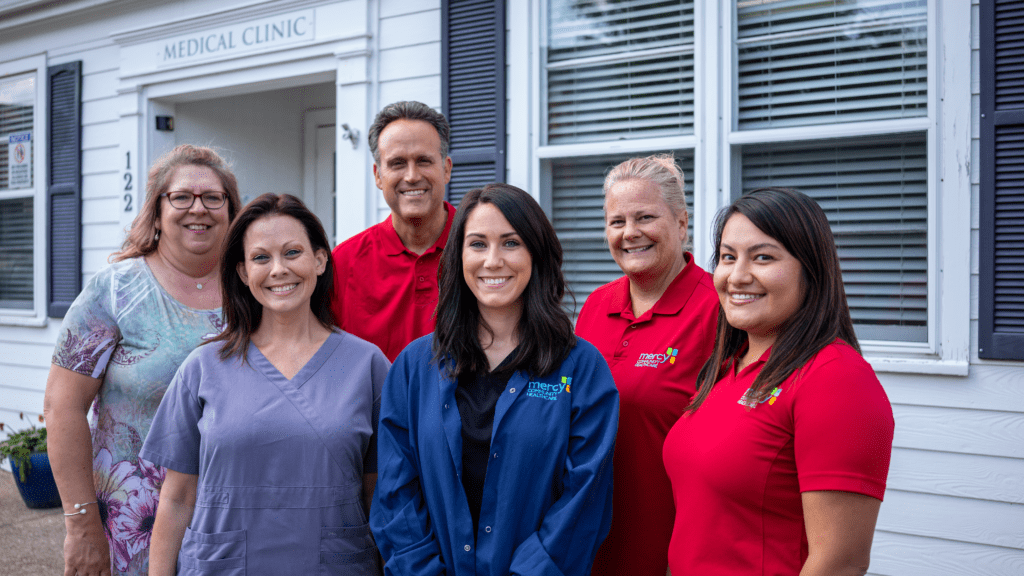
Lewisburg Location
Mercy opened a community health center expansion site at the Greater First Baptist Church in Lewisburg in 2017, and in 2019 moved into permanent space at 122 E. Commerce Street, just off the square in Lewisburg. At this site, both primary care and counseling services are offered to children and adults.
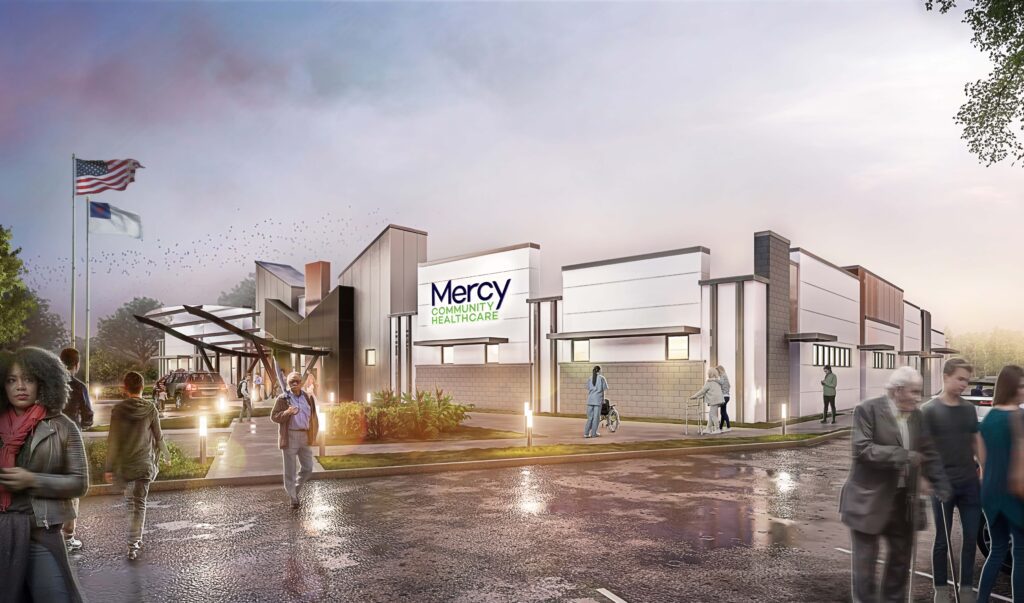
Today
Today, Mercy continues the same mission on which it was founded – to reflect the love and compassion of Jesus Christ by providing excellent healthcare for ALL and support to their families. In September, Mercy moved to a new location 143 Southeast Parkway Court, Franklin, TN. All service lines will be under one roof!
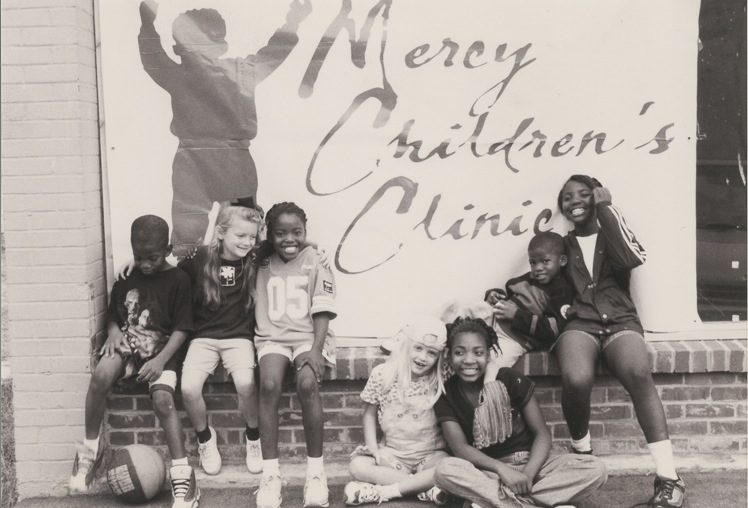
How it all started!
In 1998, after completing his pediatric residency at Vanderbilt Children’s Hospital, Dr. Tim Henschel felt called to provide pediatric care to children in Williamson County who could not conveniently access medical care because of their lack of insurance or TennCare (Medicaid) coverage.
After several months of planning and discussion, Mercy Children’s Clinic was created out of the belief that local businesses, churches, and individuals – and not solely the government – should help shoulder the burden of providing care for these children.
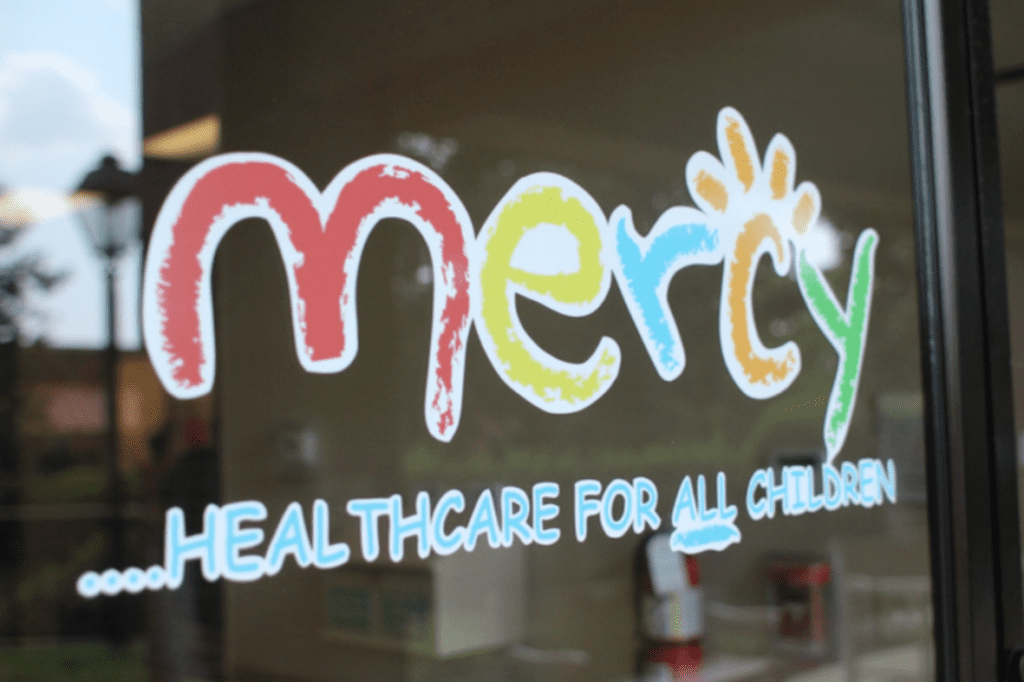
Incorporated as a Tennessee not-for-profit
Mercy Children’s Clinic began seeing patients later that year under the leadership of Dr. Henschel as CEO and Chief Medical Director. The clinic operated in a small house on Ninth Avenue in the heart of downtown Franklin, which was donated by a group of Franklin business leaders. With the vision of providing quality healthcare to any child who needs it, Mercy Children’s Clinic impacted the lives of thousands of Middle Tennessee families.
Seals, Certifications and Partnerships
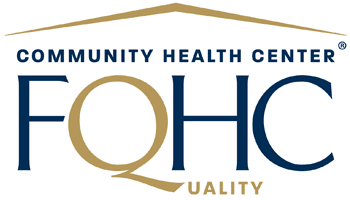
Federally Qualified Health Centers
Federally Qualified Health Centers are community-based health care providers that receive funds from the HRSA Health Center Program to provide primary care services in underserved areas. They must meet a stringent set of requirements, including providing care on a sliding fee scale based on ability to pay and operating under a governing board that includes patients.
Federally Qualified Health Centers may be Community Health Centers, Migrant Health Centers, Health Care for the Homeless, and Health Centers for Residents of Public Housing.
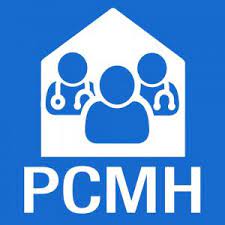
Patient-Centered Medical Home (PCMH)
The Patient-Centered Medical Home (PCMH) is a care delivery model whereby patient treatment is coordinated through their primary care physician to ensure they receive the necessary care when and where they need it, in a manner they can understand.
The objective is to have a centralized setting that facilitates partnerships between individual patients, and their personal physicians, and when appropriate, the patient’s family. Care is facilitated by registries, information technology, health information exchange and other means to assure that patients get the indicated care when and where they need and want it in a culturally and linguistically appropriate manner.
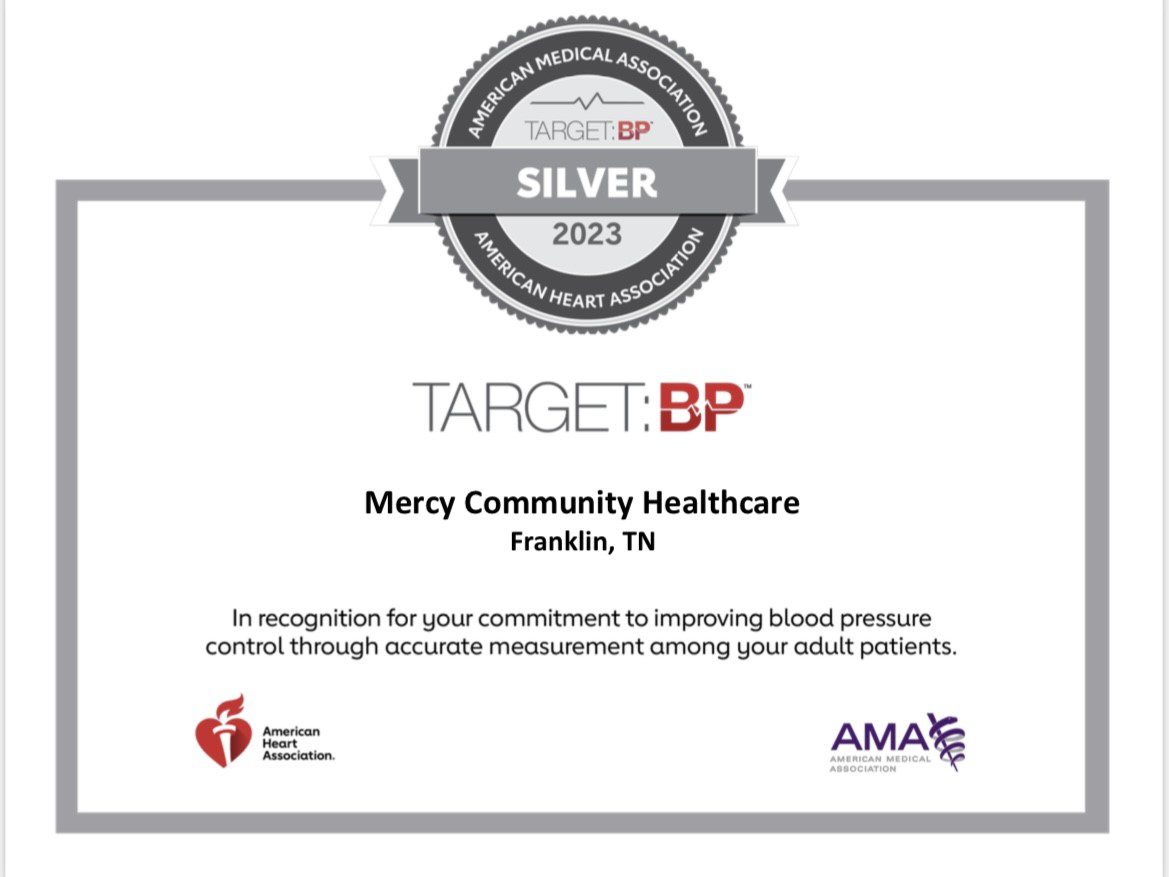
Silver Recognition for Target BP from the American Heart Association
The American Heart Association and American Medical Association recognize Mercy's commitment to decreasing the number of Americans living with uncontrolled blood pressure.
Target: BP Achievement Award.
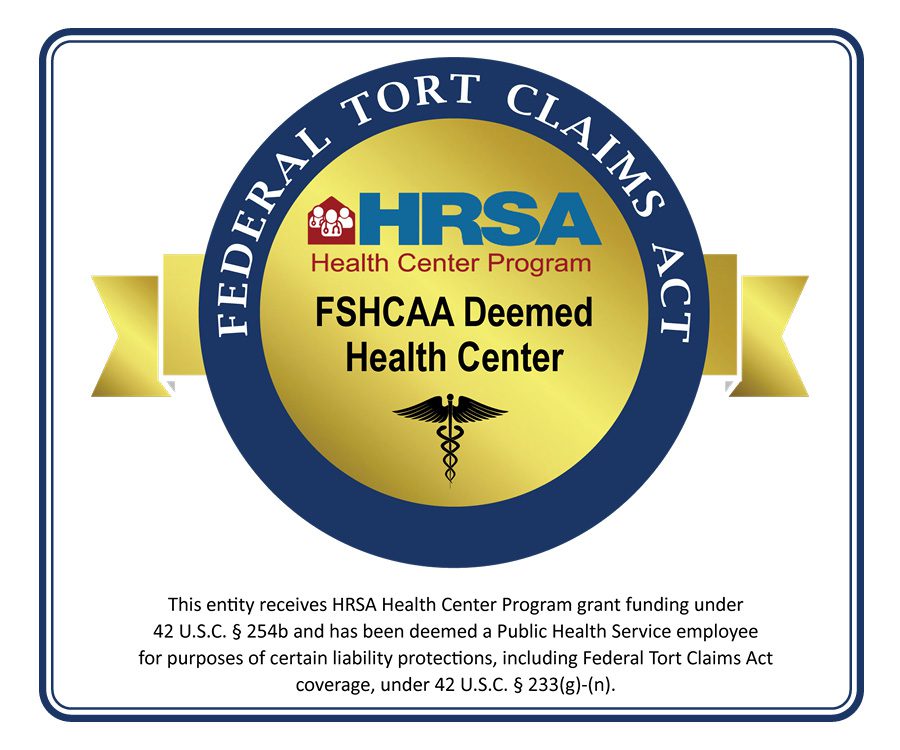
The Federally Supported Health Center Assistance Acts
Display of the FSHCAA FTCA Deemed Status Badge (hereinafter “Badge”) is a way of providing public notice that your health center has been deemed by HRSA as a Public Health Service employee for purposes of liability protections under FSHCAA.
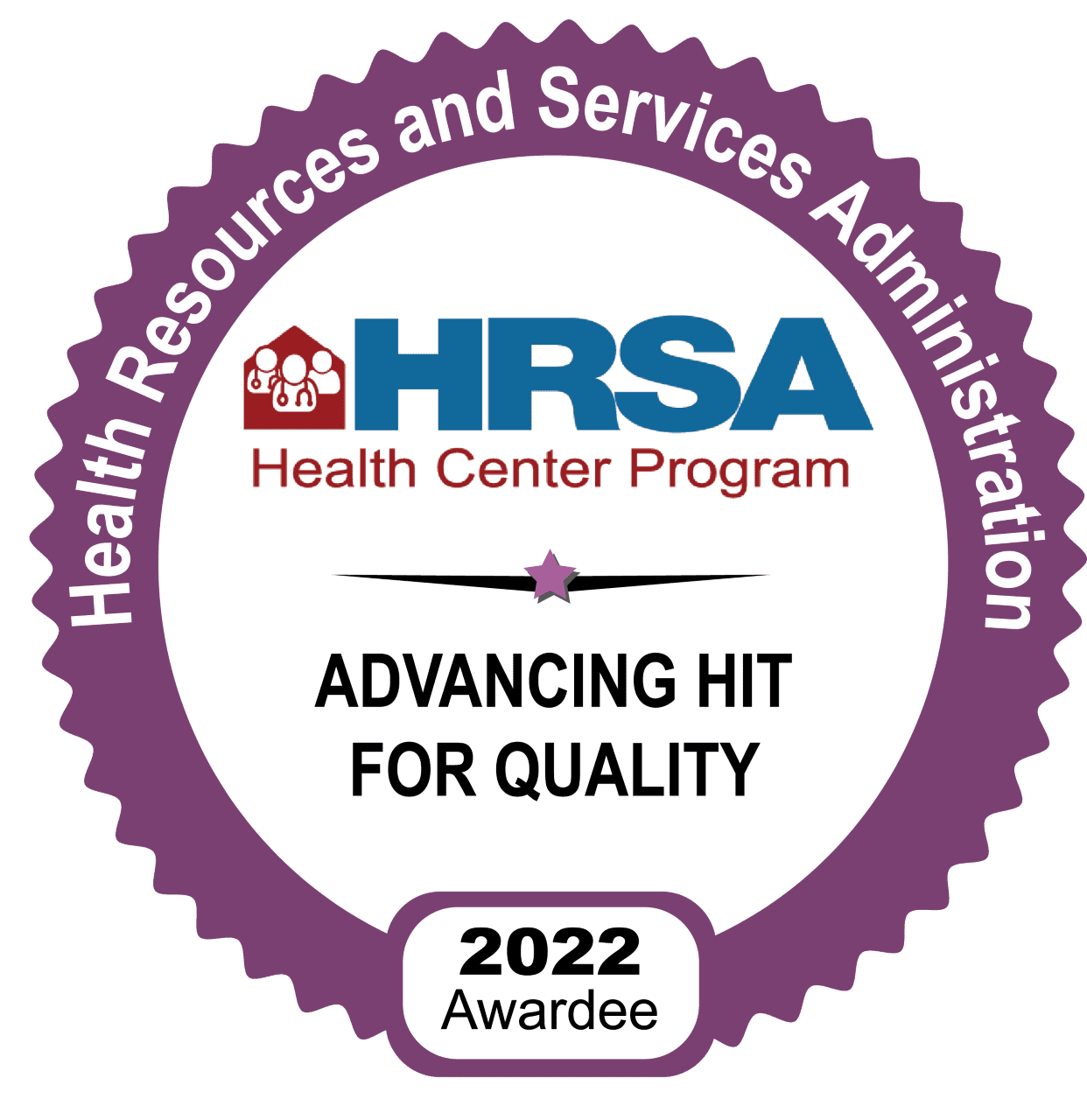
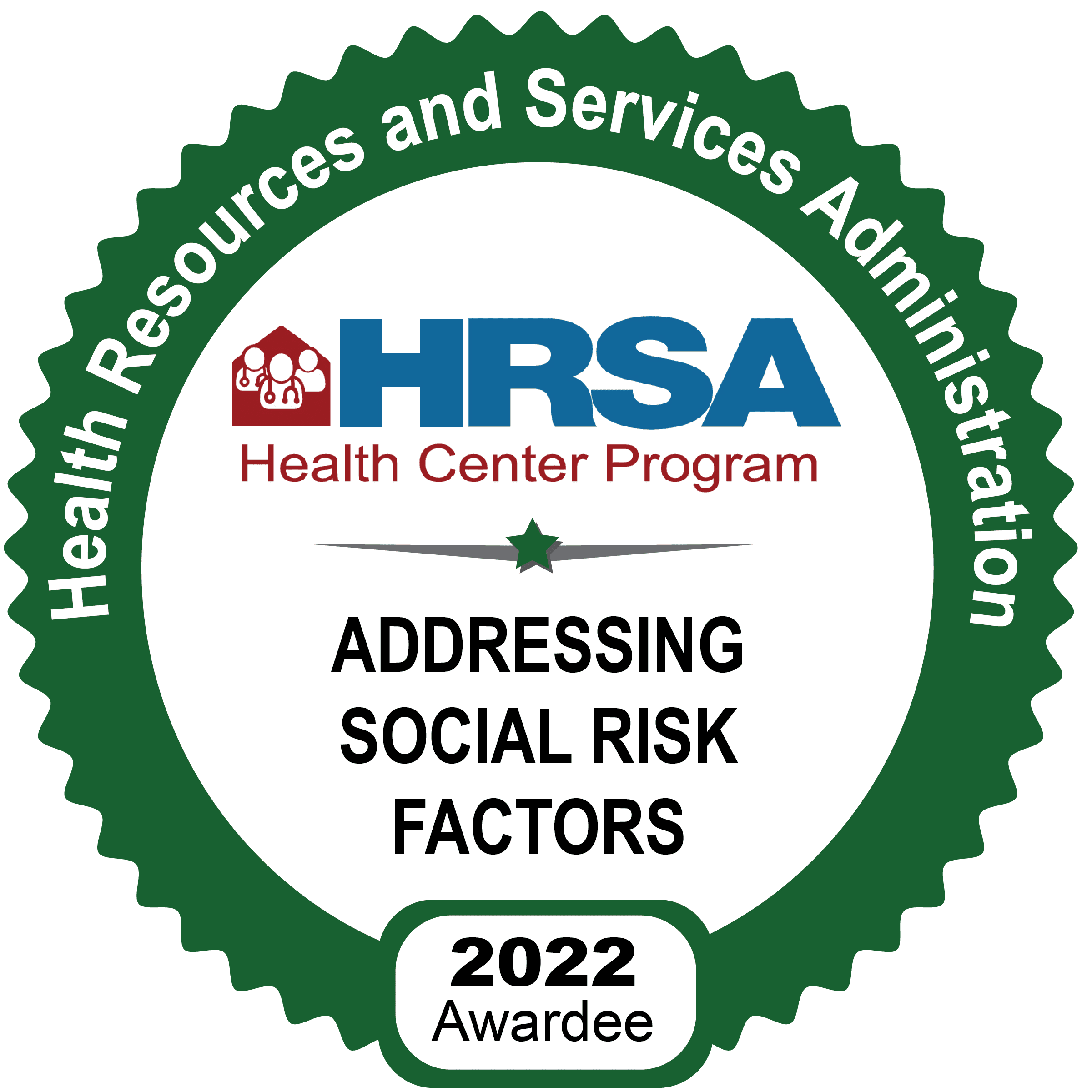
Addressing Social Risk Factors
Recognizes health centers that are screening for social risk factors impacting patient health and are increasing access to enabling services.
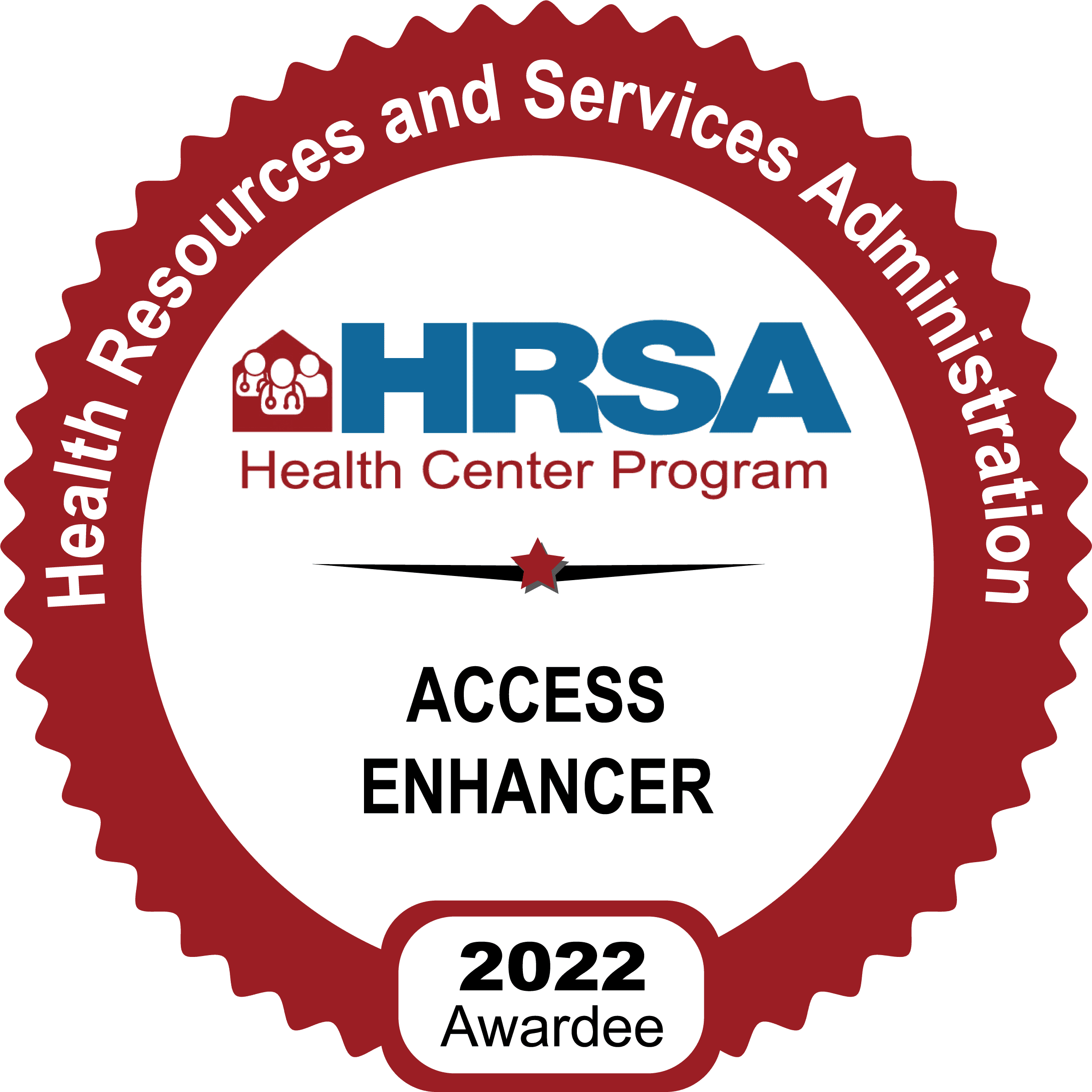
Access Enhancer
Increases the total number of patients served and the number of patients who receive at least one comprehensive service (mental health, substance abuse, vision, dental and/or enabling by at least 5%.
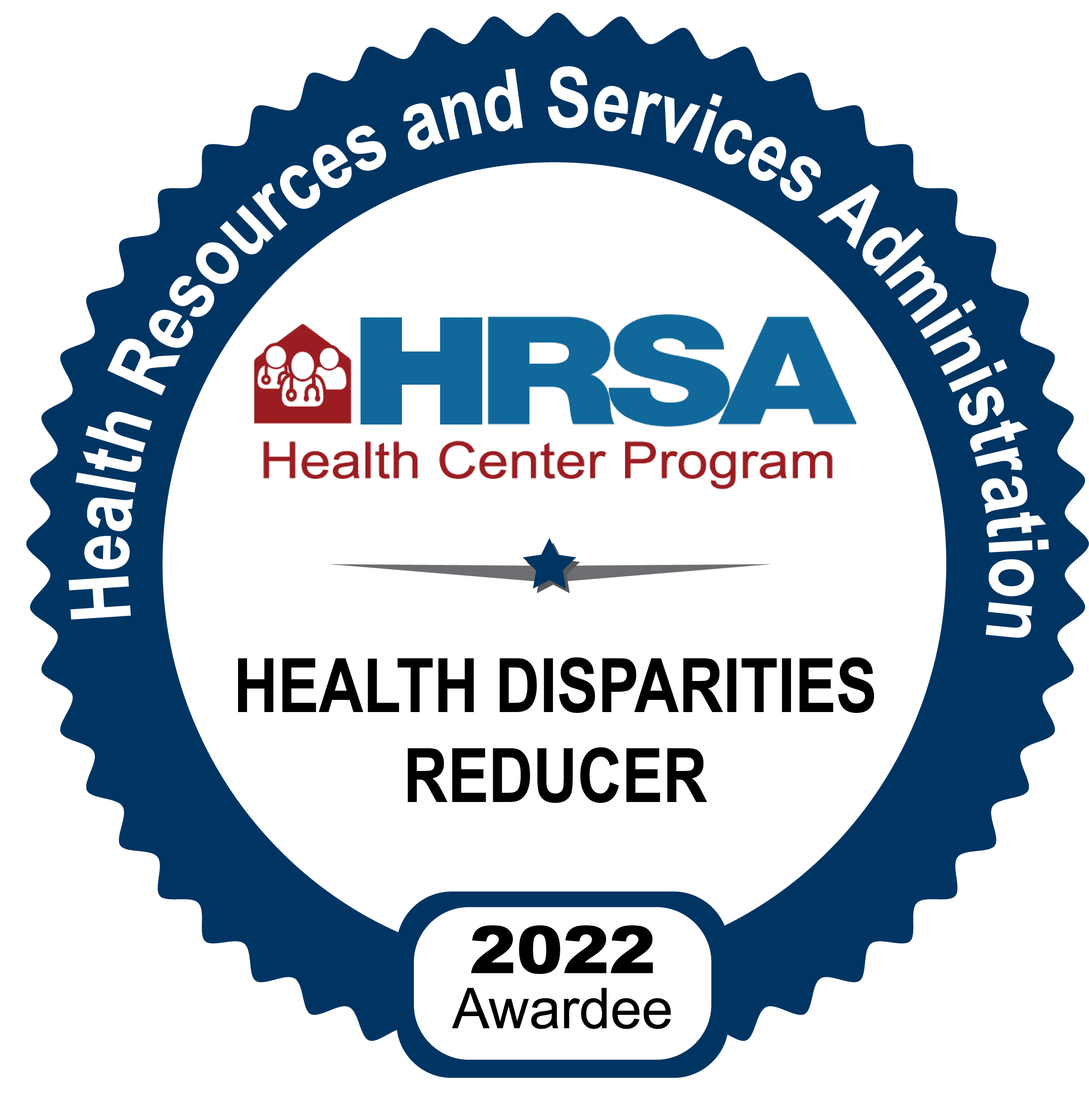
Health Disparities Reducer
Recognizes health centers that qualify for the Access Enhancer badge and meet the criteria listed on the CHQR Overview Page.
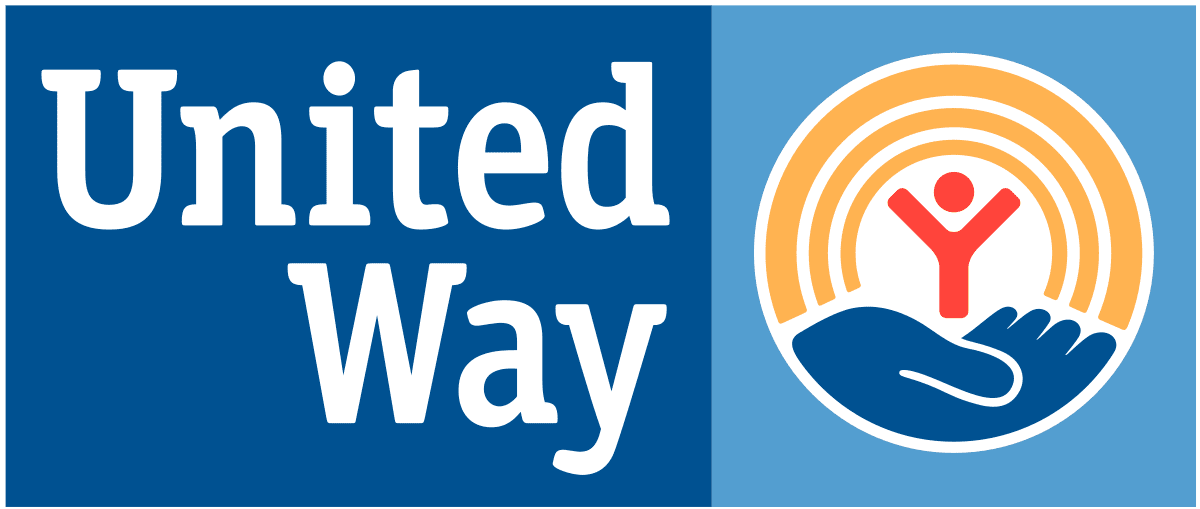
United Way Funded Partner
United Way works with companies, governments, nonprofits and other organizations to address complex challenges on a worldwide scale. Our ideas, volunteer power, in-kind support and more are helping build stronger communities.
As the world's largest privately-funded nonprofit, United Way offers global reach, local expertise, and cross-sector leadership. We engage individuals in building stronger communities – locally, nationally and globally. Together, we fight for the health, education, and financial stability of every person in every community.
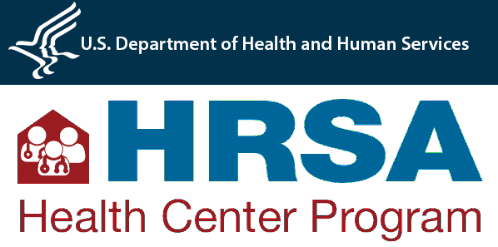
Health Center Program
Health centers are community-based and patient-directed organizations that deliver comprehensive, culturally competent, high-quality primary health care services to the nation’s most vulnerable individuals and families, including people experiencing homelessness, agricultural workers, residents of public housing, and veterans.
Health centers integrate access to pharmacy, mental health, substance use disorder, and oral health services in areas where economic, geographic, or cultural barriers limit access to affordable health care. By emphasizing coordinated care management of patients with multiple health care needs and the use of key quality improvement practices, including health information technology, health centers reduce health disparities.
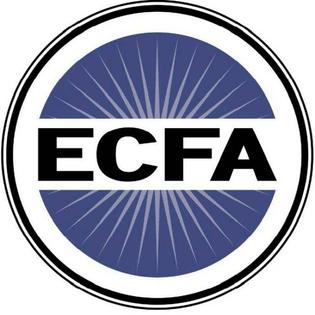
Evangelical Council for Financial Accountability
ECFA
The mandate for ECFA is reflected in the nature of its founding, the values upon which it was founded, and the mission for which it exists. ECFA is not a self-appointed entity separate from the Body of Christ. Rather, it was founded in 1979 by evangelical leaders who came together to establish a means by which responsible ministries could collectively demonstrate a positive witness for Jesus Christ. The ECFA mission grew out of a call for collective biblical accountability.
ECFA Model
The ECFA seal of approval is the sign that an organization has met the requirements for membership in ECFA. When an organization earns the privilege to display the ECFA seal, it clearly demonstrates to the public its willingness to follow the ECFA model of accountability. This model is characterized by ECFA’s structure.

Giving Matters
GivingMatters.com features information on nonprofit programming, financials, management, and governance.
GivingMatters.com furthers The Community Foundation’s work of “connecting generosity with need” by raising the level of local nonprofit transparency, making comprehensive information available to the public in a searchable database, and identifying emerging needs.
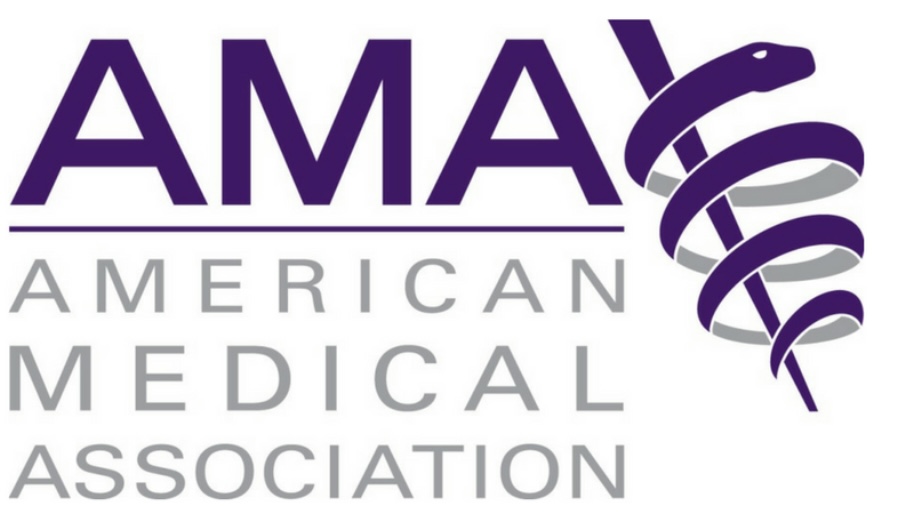
American Medical Association
The AMA was founded in part to establish the first national codification of medical ethics. The AMA Code of Medical Ethics and the AMA Journal of Ethics® collectively underscore AMA’s commitment to promote the art of medicine and the betterment of public health. The Code is widely recognized as the most comprehensive ethics guide for physicians. The opinions in the Code address issues and challenges confronting the medical profession and represent AMA policy.
Franklin Health Center
143 Southeast Parkway Court
Franklin, TN 37064
BUSINESS HOURS
- Monday - Friday: 8am - 5pm
- Saturday: 8am - 2pm
- Sunday: CLOSED
- Fax: 615.595.8030
- Sunday: CLOSED
Franklin Counseling Center
143 Southeast Parkway Court
Franklin, TN 37064
BUSINESS HOURS
- Monday - Thursday: 8am - 7pm
- Friday: 8am - 5pm
- Saturday - Sunday: CLOSED
Lewisburg Health Center
122 East Commerce Street
Lewisburg, TN 37091
BUSINESS HOURS
- Primary Care:
- Monday - Friday: 8am-5pm
- Counseling:
- Monday - Thursday: 8am-7pm
- Friday: 8am-5pm
- Saturday-Sunday: CLOSED
